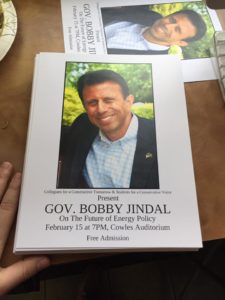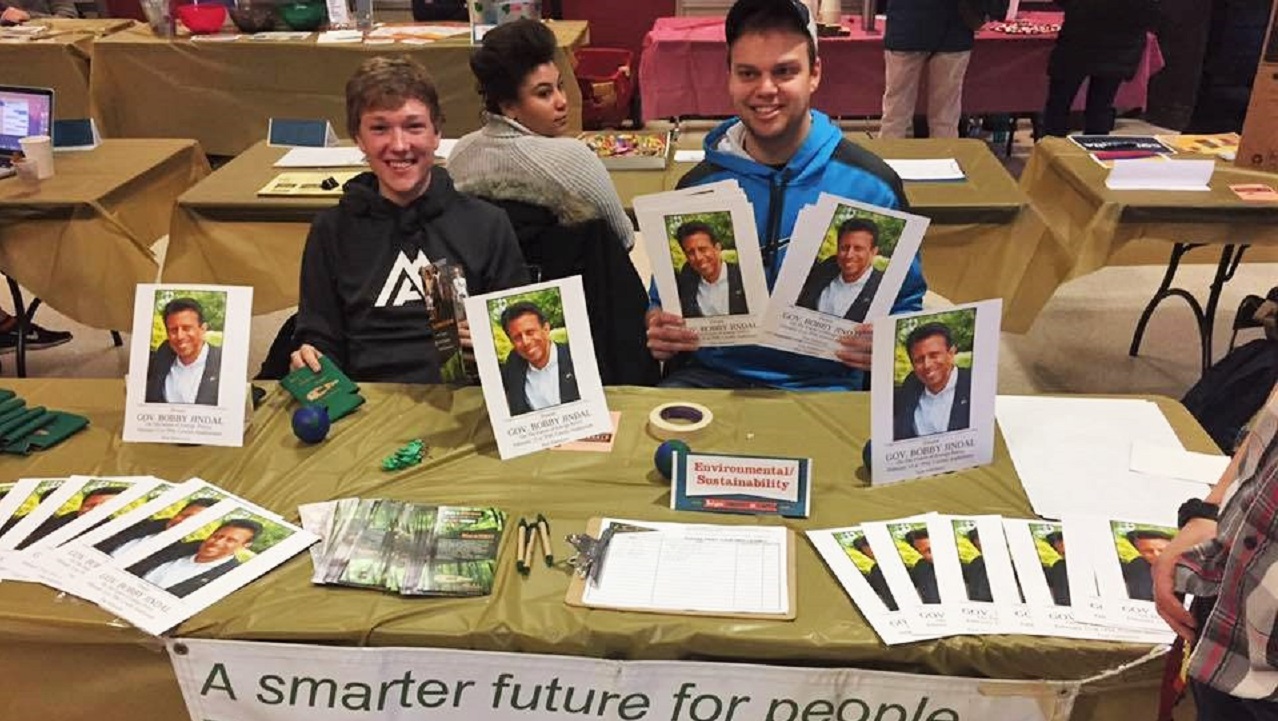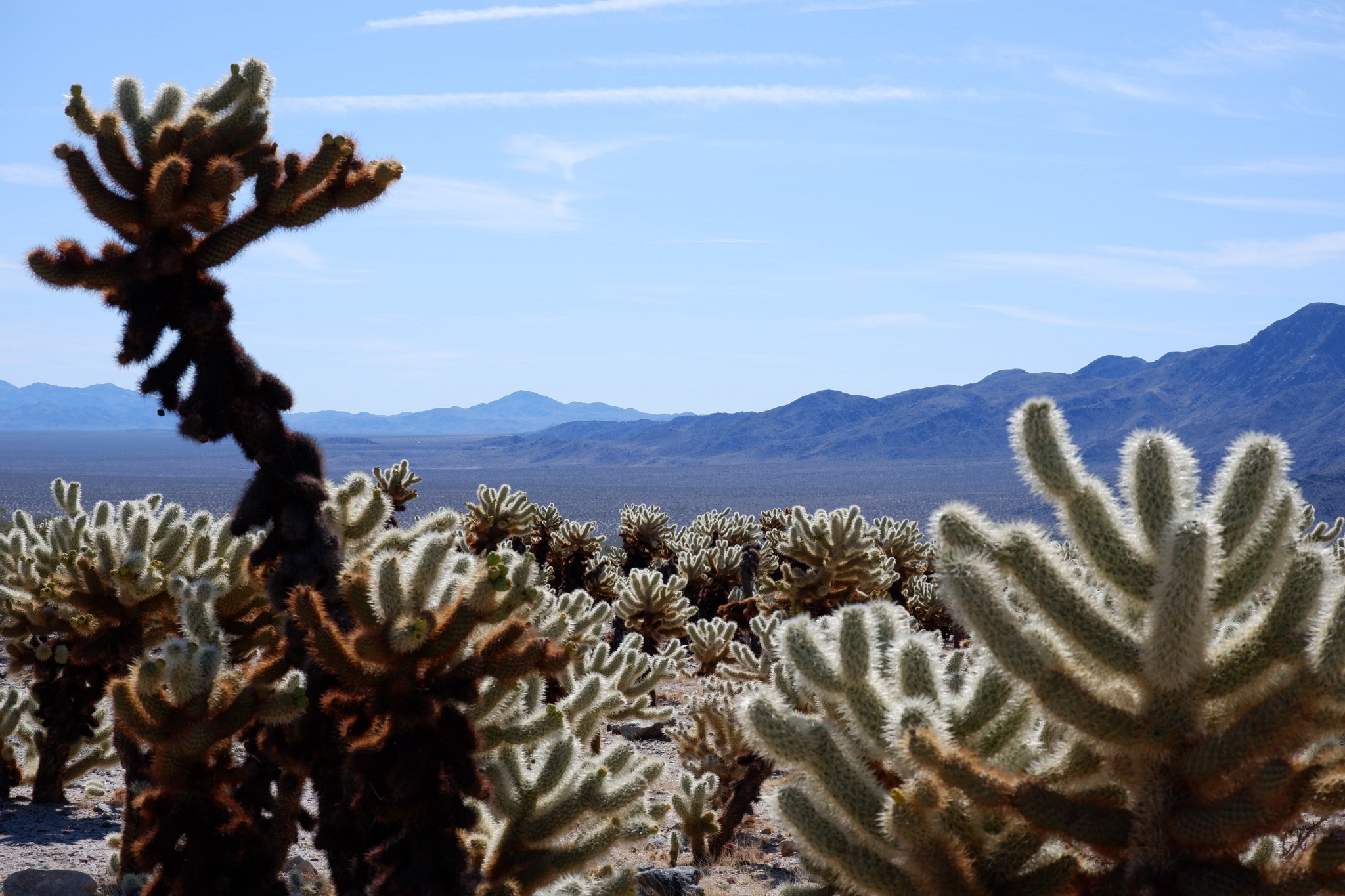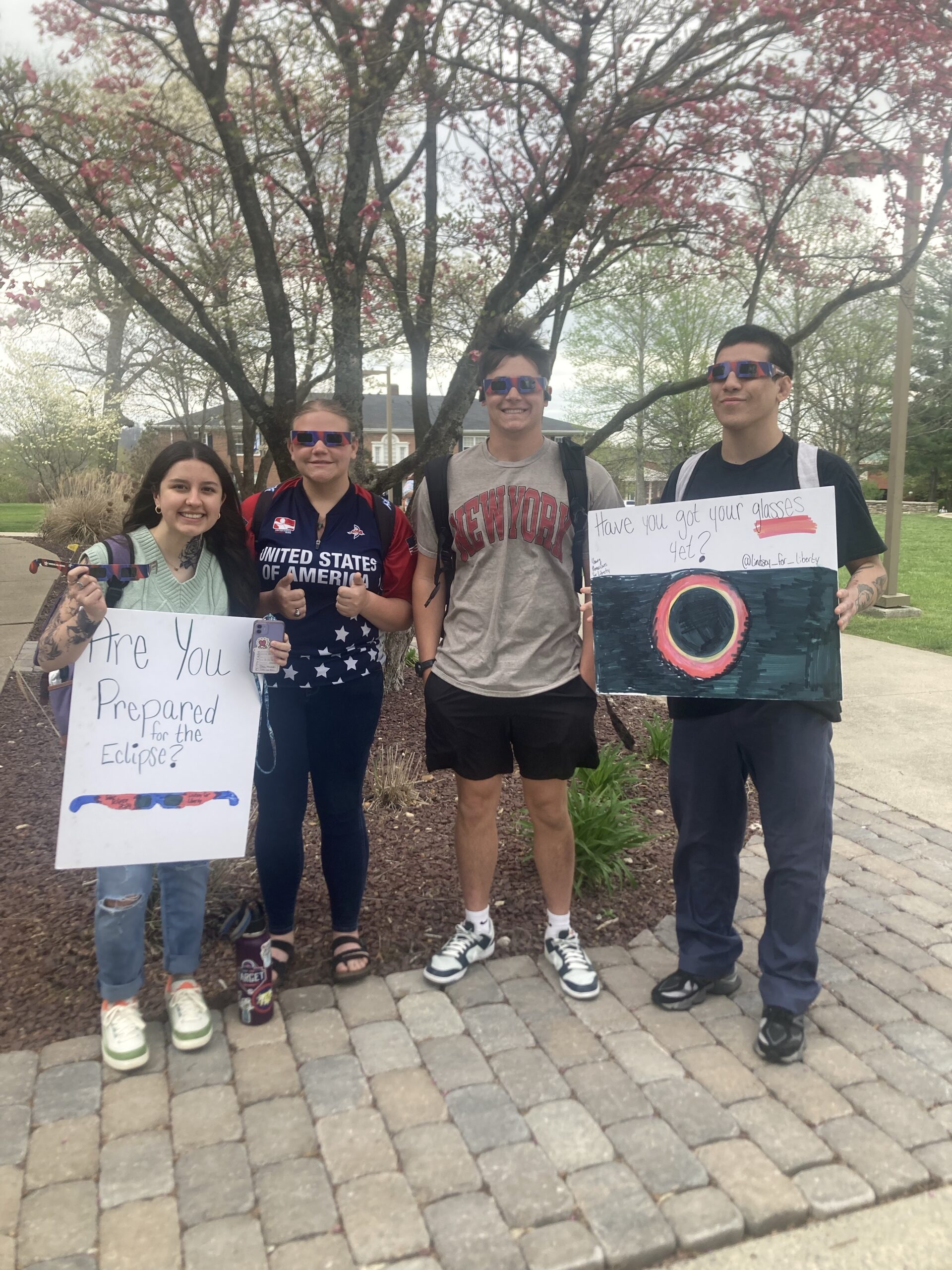Collegians at the University of Minnesota, Twin Cities hit the ground running for the second semester at the school’s winter activity fair. Students were preaching the message of environmental sanity and the importance of energy independence, while also announcing their big event for the second semester: Governor Bobby Jindal of Louisiana.
 Members have been doing everything they can to spread the word about the speaking engagement so that their peers could hear an alternative message on the importance of energy for America. Participating in the activity fair was just one of many efforts, including social media campaigns, flyering the campus, and announcing the event to other campus clubs. The event is on Wednesday, February 15 at 7 pm CST in the Cowles Auditorium. Both the event itself, and the food, will be free.
Members have been doing everything they can to spread the word about the speaking engagement so that their peers could hear an alternative message on the importance of energy for America. Participating in the activity fair was just one of many efforts, including social media campaigns, flyering the campus, and announcing the event to other campus clubs. The event is on Wednesday, February 15 at 7 pm CST in the Cowles Auditorium. Both the event itself, and the food, will be free.
“At any university, but especially UMN, students only hear a one-sided message about how fossil fuels are killing the planet and renewable energy is the only option,” said club member Thomas Janssen. “We talked with a lot of students at the fair today about how not only is the science on these issues distorted, but  that renewables aren’t ready to power our country. Once the technology is figured out in the free market, great. Until then, we can’t spend billions in subsidies on unreliable renewable energy that often has a bigger environmental impact than fossil fuels!”
that renewables aren’t ready to power our country. Once the technology is figured out in the free market, great. Until then, we can’t spend billions in subsidies on unreliable renewable energy that often has a bigger environmental impact than fossil fuels!”
So far the event page on social media has over 250 students interested in the upcoming event with Governor Jindal. CFACT at UMN is excited about the prospect of making such an impact with their peers.
“We’re trying our best to invite the left and get them involved too,” said chapter president John Mickley. “The only way we start winning this battle is by changing minds. And hopefully a charismatic and influential speaker like Jindal can help us on that. It’s going to be a great event!”
The upcoming event is part of CFACT’s Keep Calm Climate Changes and FrackU campaigns, which aim to educate students on the true science behind climate change and the importance of fossil fuels to American life.



